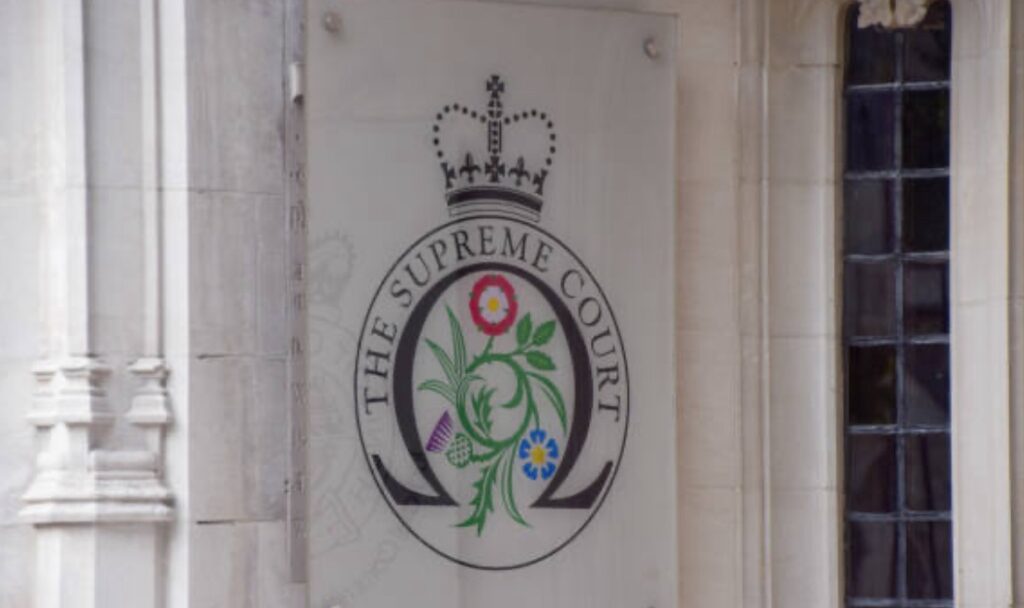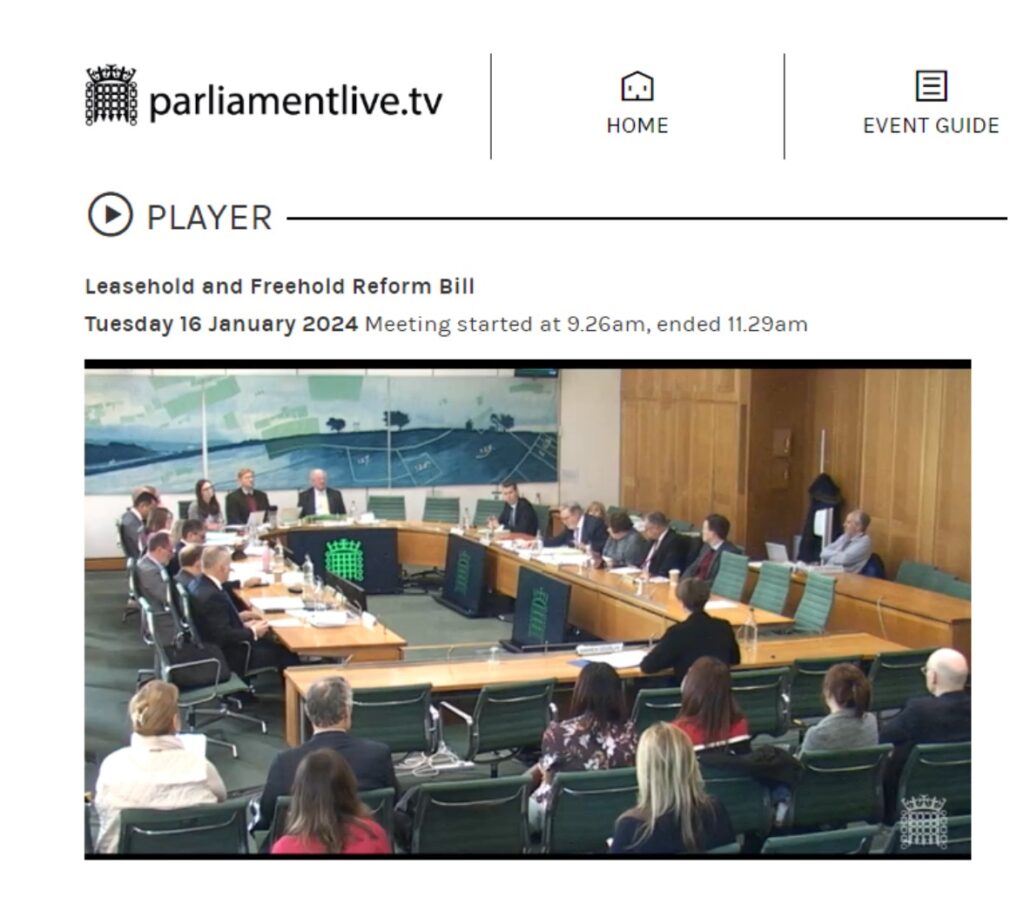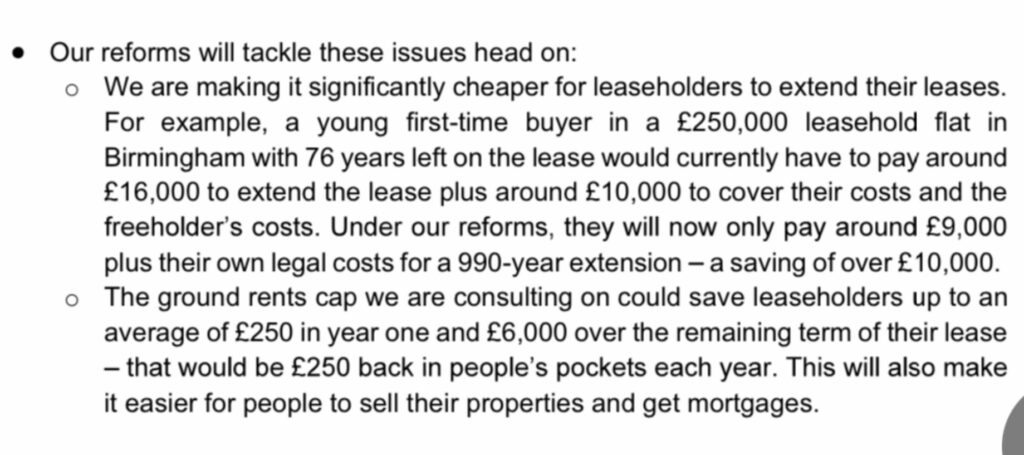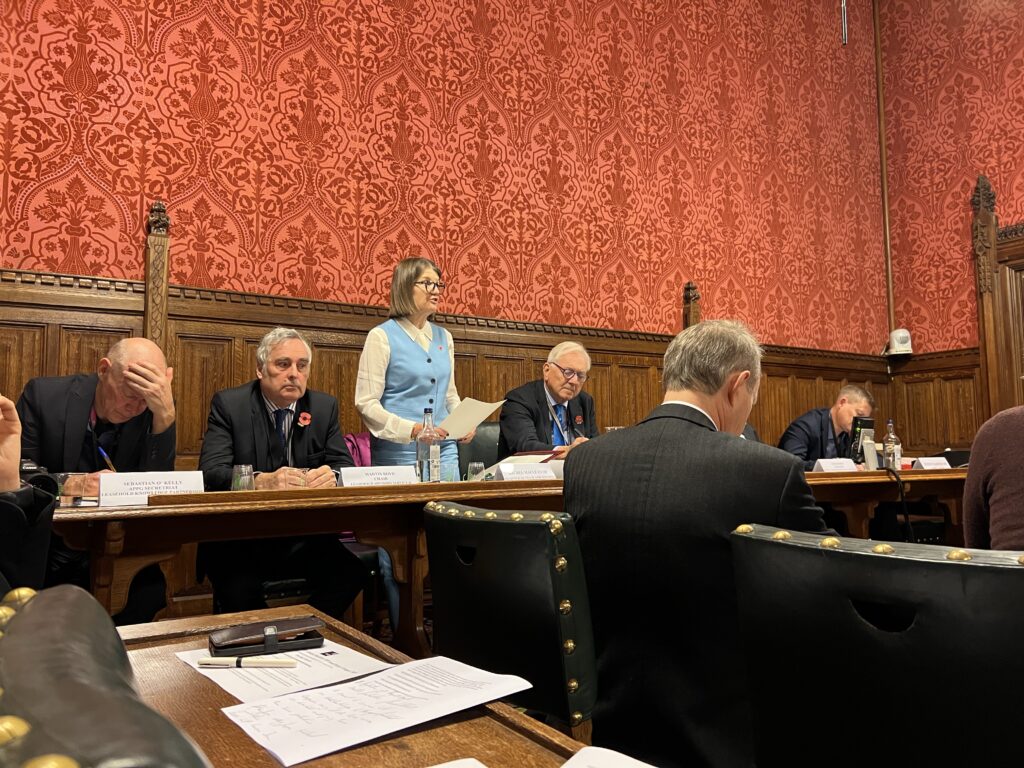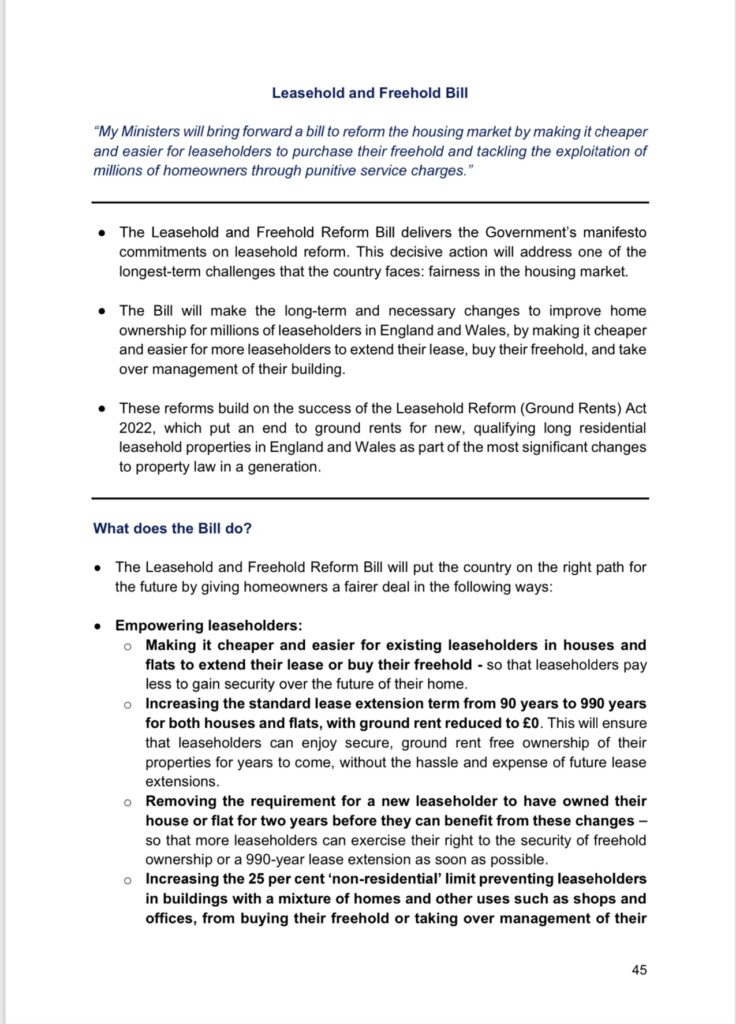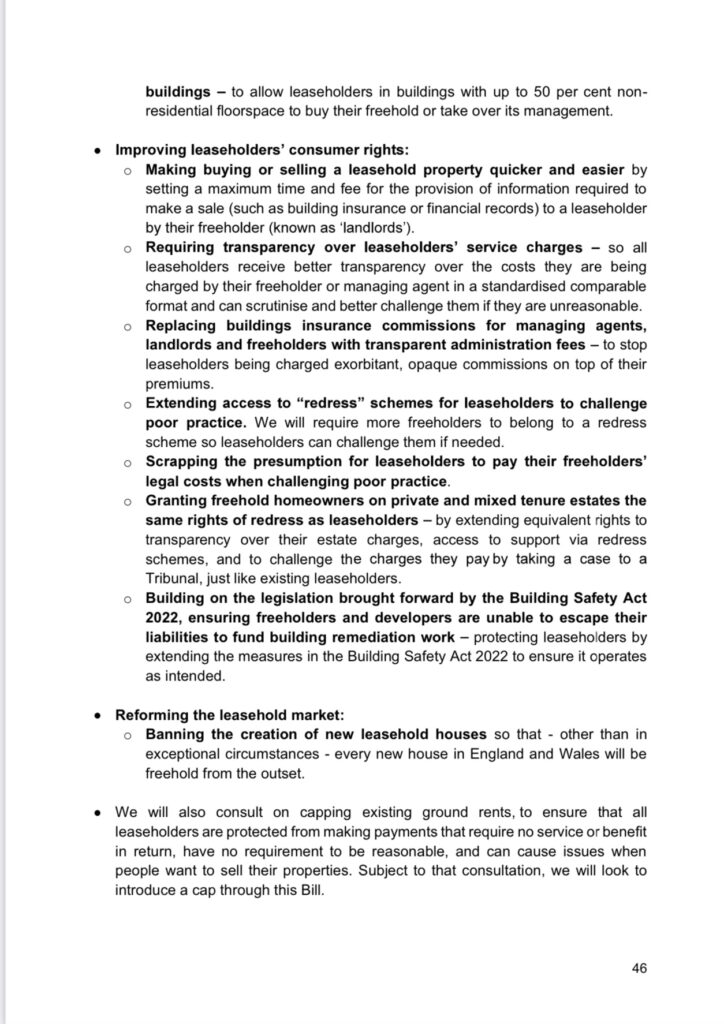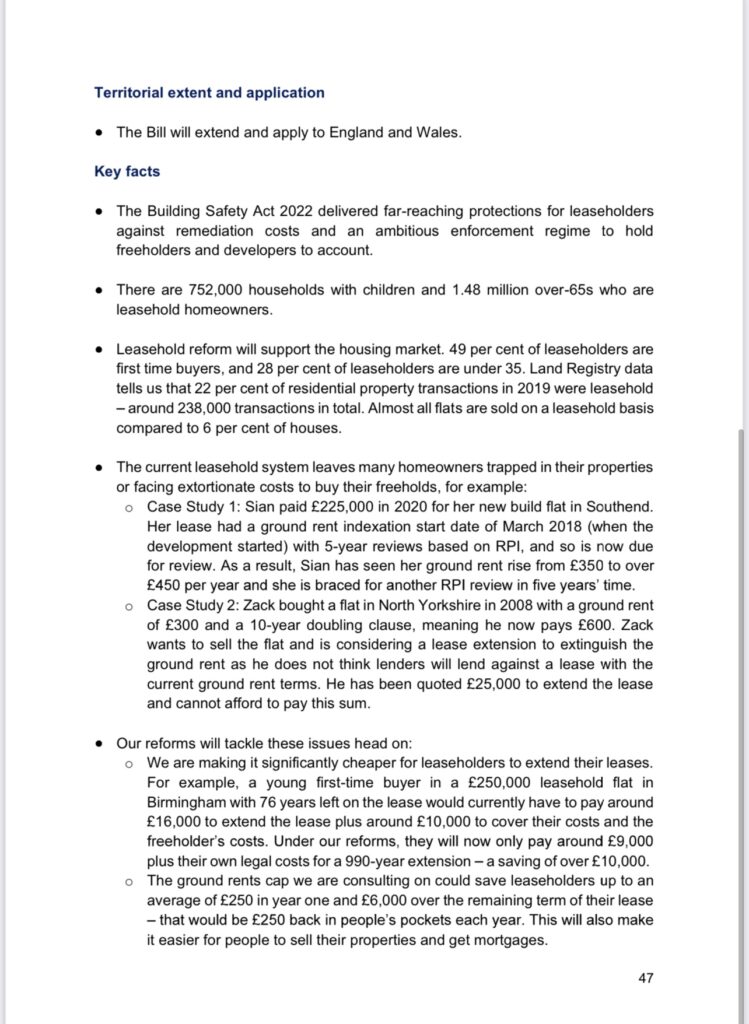A1 Properties (Sunderland) Limited v Tudor Studios RTM Ltd in the Supreme Court
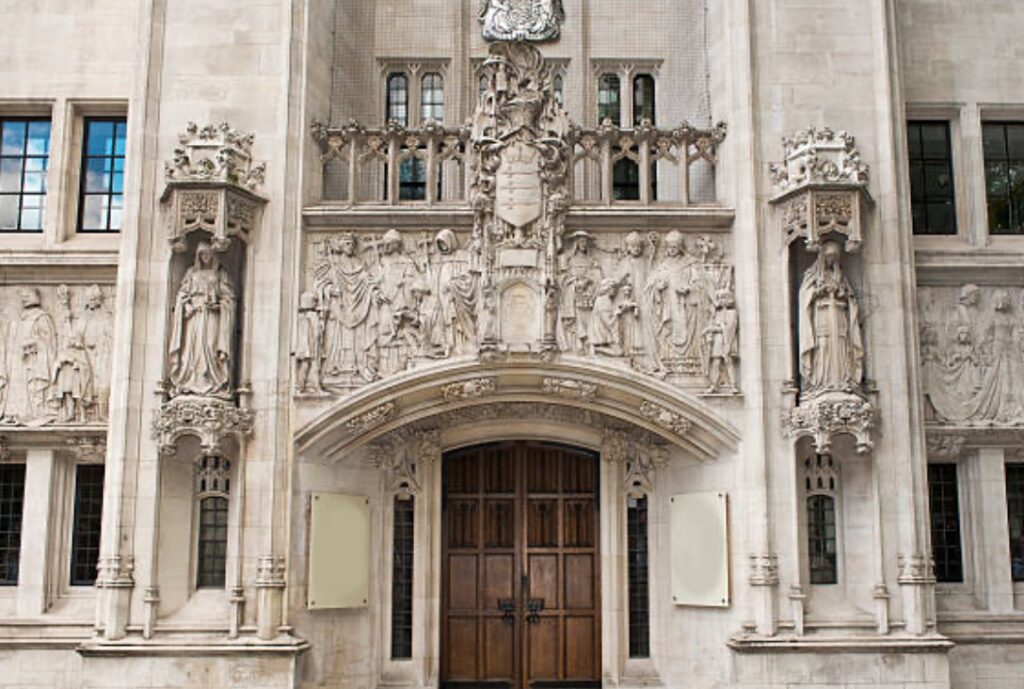
ALEP in the Supreme Court
On 8th February 2024, Bishop & Sewell (‘B&S’) acted on behalf of ALEP, the Association of Leasehold Enfranchisement Practitioners on a pro bono basis as they intervened in the case of A1 Properties (Sunderland) Limited v Tudor Studios RTM Ltd in the Supreme Court. We were represented by Philip Rainey KC and Mark Loveday of Tanfield Chambers who also appeared on a pro bono basis. Our action was on the basis that we had sought (and obtained) permission to intervene in this case.
A1 Properties v Tudor is a leapfrog appeal from the Upper Tribunal (Lands Chamber) on the basis that the case was likely to raise matters of general and wider importance. One of the grounds of the appeal was the possibility of a re-examination of whether the decision of the Court of Appeal in Elim Court RTM Co Ltd v Avon Freeholders Ltd[2018] QB 571 was correct. This is only the second ever leapfrog appeal directly to the Supreme Court from the Upper Tribunal (Lands Chamber).
Why were ALEP allowed to intervene?
The legal reason behind ALEP’s intervention in the case is that ALEP as a public body, might have argument and assistance to give to the Court as an ‘amicus curiae’ (a friend of the court) in the development of what may well be a new strand of case law in this area. The purpose of our presence therefore was to advance and explore the available arguments as to the development of the law in this area, rather than to assist either of the parties in the case itself.
As a politically neutral body, ALEP does not take ‘sides,’ although there would clearly be wider public benefit in clarity on the law in this area, and as can be seen from some of the discussion below, the case itself has the potential to raise some wider issues relating to property notices and how these are treated.
The case of A1 Properties v Tudor
A1 Properties v Tudor is an Right to Manage (‘RTM’) case and concerns issues relating to the service of notices, and in particular the question of whether an intermediate landlord needs to be served with a copy of the RTM claim notice even if they have no management functions.
Following the decision of the Court of Appeal in the case of Elim Court (Elim Court RTM Co Ltd v Avon Freeholds Ltd (2017) [2017] EWCA Civ 89), it was held that the failure to serve a single intermediate landlord with an overriding lease and no management functions did not invalidate the notice of claim.
In Tudor matters went further as there were a significant number of intermediate landlords – 237 in total – all overriding leaseholders being individual investors in student accommodation in Leicester. Once again, they had no management function but were not served, potentially deliberately so, following the position in Elim.
Why the case is important
However, the decision in this case has the potential to go much wider than just the narrow field of RTM, and indeed enfranchisement where there is a ‘read across’ in the case law as many of the 1993 Act and 2002 Act provisions mirror each other.
From the legal point of view this case is interesting as it addresses the question, which has been addressed in many public and private law cases over the years, of what happens when parliament prescribes a specific procedure or step under a statute, and this is then not followed. When this happens what should the consequences be? is the whole procedure or step to be invalidated, or can the mistake or omission be forgiven?
The leading public law case on this is R v Soneji and another [2005] UKHL 49 (Soneji) a criminal case from 2005 and a judgement of the House of Lords (as the Supreme Court then was).
The question for the Courts in these circumstances has always been to try to ascertain what parliament may have intended the consequences of the particular non-compliance to have been.
This raises a number of issues, including in the case of Tudor what should happen when the intermediate landlord is not served, and quite possibly when the decision not to serve may have been taken deliberately following the position in Elim.
Judge Elizabeth Cooke in the Upper Tribunal addressed some of the grounds put forward by the Appellant landlords, who had sought to argue that the failure to serve the intermediate landlords in Tudor was a deliberate omission, based on the case law established in Elim. This being a point of difference with Elim where the failure to serve a single intermediate landlord was accidental. Judge Cooke said that it was wrong to seek to differentiate the two positions, on the basis that the Court of Appeal in Elim had held that non-service of a party with no management functions could be ‘excused.’ Addressing the point made specifically by the landlords she said that it was wrong to impute that Parliament would automatically have objected to this ‘deliberate’ non-service:
52. “I fail to see that that is right, and indeed it feels like an illegitimate anthropomorphising of Parliament by attributing to it indignation at a deliberate default. “
The difficulty that the Courts then face in interpreting the law is that when a Court construe a mandatory provision in a statute as meaning something else there is always a further logical question, which is ‘how much further can this go?’ – e.g. in Elim the effect of the decision is to say that although the 2002 Act says that you must serve all intermediate landlords with an RTM notice of claim, in fact where the landlord in question does not have a management function that you do not need to do so. The question is therefore, ‘where does this end?’ – and hence the discussion in Tudor.
What happens when someone fails to fully follow a statutory procedure?’ – and what should the consequences of that failure be? Is the failure in question one that would invalidate the whole process?
When we look more widely to our common law cousins in Australia and New Zealand, they have also grappled with these questions but have resolved them, in general by applying the sort of test set out in Soneji, i.e. by looking at what the likely prejudice to either party would be as a result of the non-compliance in question; and going on to assess the question of validity in the light of this.
This is because our Parliament (and parliaments generally) are assumed to make laws that are ‘fair’ or intended to be so and that wherever possible, and also, that the requirements and burden for compliance with them in the exercise of intended rights should be ‘reasonable.’
Natt v Osman – the current test for property notices in enfranchisement
In this case as the interveners, we took neither party’s side although the Association’s position was to seek to promote clarity and as such, draw the Court’s attention to the possibility that the existing body of case law might need to be looked at again. This means not only the law as it stands after Elim, but also the body of existing case law for property notices that follows the decision in Natt v Osman [2014] EWCA Civ 1520.
Natt introduces what might be seen as an artificial distinction between two categories of errors in procedures and in the case of property rights particularly brings about a harsher distinction than might be seen in the context of a wider Soneji style test.
In Natt the court held that:
“…[A] distinction may be made between two broad categories: (1) those cases in which the decision of a public body is challenged, often involving administrative or public law and judicial review, or which concern procedural requirements for challenging a decision whether by litigation or some other process, and (2) those cases in which the statute confers a property or similar right on a private person and the issue is whether non-compliance with the statutory requirement precludes that person from acquiring the right in question.”
Natt developed this line of argument so that in relation to property notices (which would fall under the second category referred to above) the applicable test would not be one reliant on ‘the particular circumstances of the actual parties, such as the state of mind or knowledge of the recipient or the actual prejudice caused by non-compliance on the particular facts of the case’
As interveners we drew the Court’s attention to this and suggested that the time might be ripe for a review of the case law in this area.
The Supreme Court’s position
The Supreme Court has a number of options at its disposal and the purpose of the intervention was not to tell the court what to think. However, one thing that it could consider would be overturning the Court of Appeal decision in Natt v Osman and to seek to move the case law in this area forward by adopting a test more akin to one of subjective prejudice.
If this were to be done, then it would provide a higher degree of certainty in many cases. It would also ensure that any Court looking to decide the consequences of any failures to comply with the provisions of a statutory procedure in the context of property notices could look at this in the widest possible way. This might mean a reduction in the scope for litigation around the validity of notices, and perhaps just as importantly, in cases where the Courts do have to decide this, the test that is to be applied is commensurate with that applied in both public and private law and is likely to be assessed in a fair way, from the point of view of the likely prejudice to either party.
As the Intervener, it is not a question of winning or losing– as we were not a party. However, hopefully, we were of assistance to the Court and some of the wider authority and arguments that we have put forward will be of use to the Supreme Court when making its decision.
We await the Supreme Court’s decision in a few months’ time.
Mark Chick
I would particularly like to thank Philp Rainey KC and Mark Loveday of Tanfield Chambers for their excellent pro bono work on the part of ALEP and other members of the team at B&S including Matthew Davies.
